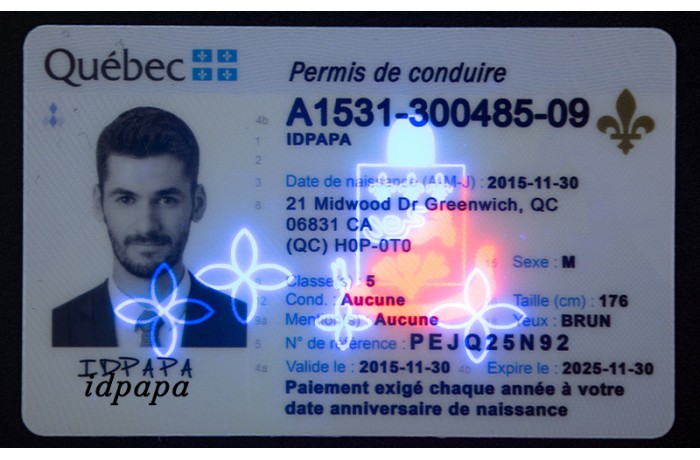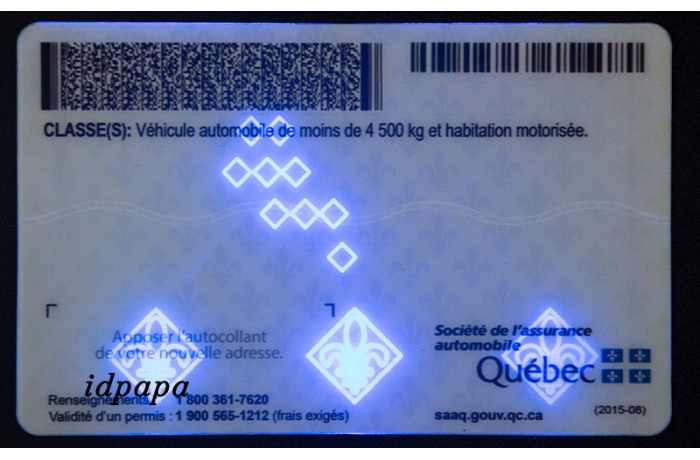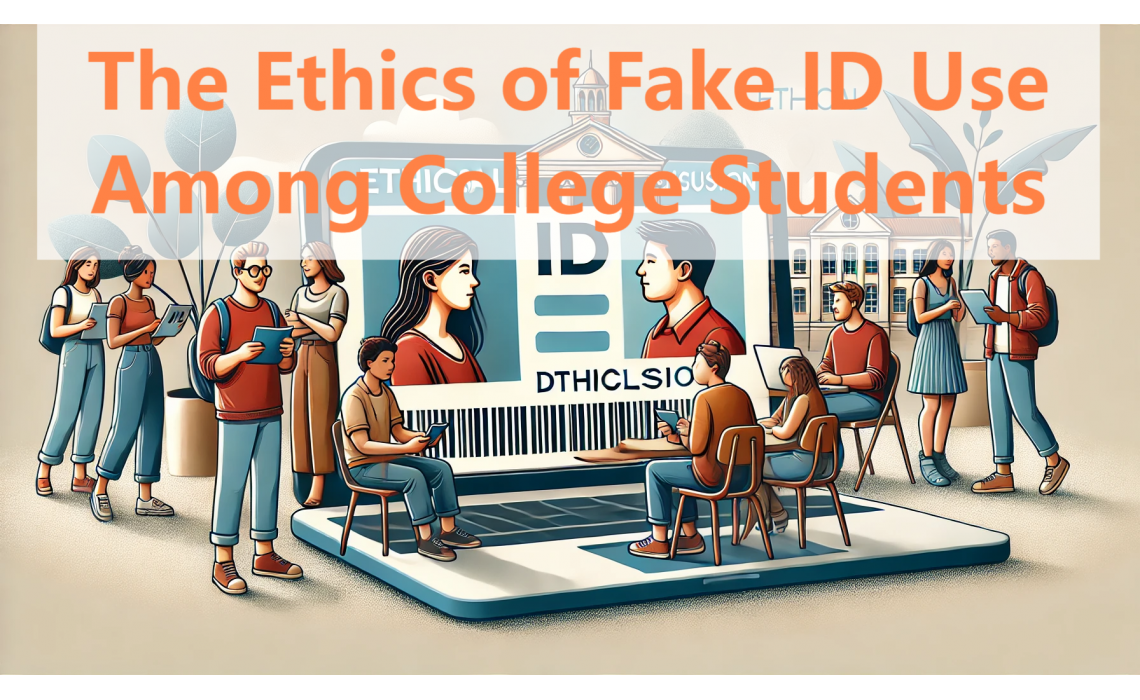✓ The Ethics of Fake ID Use Among College Students: Is It Just a Harmless Rite of Passage?
The Ethics of Fake ID Use Among College Students: Is It Just a Harmless Rite of Passage?

The use of fake identification (ID) among college students has long been a topic of debate, often dismissed as a harmless rite of passage into adulthood. However, this practice carries significant ethical, legal, and social implications that warrant a comprehensive examination. This article delves into the prevalence of fake ID usage among college students, the motivations behind it, the associated risks, and the ethical considerations that challenge the notion of it being merely a benign tradition.
✅Prevalence of Fake ID Use Among College Students
Fake IDs are highly prevalent among underage college students and are strongly associated with heavy drinking. A cross-sectional online survey of 1,098 underage students at a large Midwestern university indicated that 21.0% reported possessing a fake ID, which was strongly associated with past-month frequent heavy drinking. Of those with fake IDs, 93.5% reported having used them, and 29.1% reported having been caught.
These statistics underscore the widespread nature of fake ID use in college settings, suggesting that a significant portion of underage students engage in this practice to access alcohol and participate in nightlife activities.
✅ Motivations Behind Fake ID Use
Several factors contribute to the prevalence of fake ID use among college students:
1.Social Integration: The desire to fit in and participate in social events where alcohol is present drives many underage students to obtain fake IDs.
2.Peer Pressure: Observing peers engaging in nightlife activities can pressure students to acquire fake IDs to avoid social exclusion.
3.Perceived Norms: The belief that using fake IDs is a common and accepted practice among college students can diminish the perceived risk associated with their use.
4.Accessibility: The ease of obtaining fake IDs through online sources and peer networks makes them more accessible to underage students.
✅Legal and Academic Consequences

Possessing and using fake IDs can lead to serious legal and academic repercussions:
●Legal Penalties: Students caught with fake IDs may face fines, community service, probation, or even incarceration, depending on state laws and the circumstances of the offense. For example, at the University of Iowa, students caught owning a fake ID can be punished with up to $1,875 in fines and up to a year in jail.
●Academic Disciplinary Actions: Universities may impose sanctions ranging from warnings to suspension or expulsion, particularly if the offense violates the institution's code of conduct.
✅Ethical Considerations
The ethical implications of using fake IDs extend beyond individual consequences:
●Dishonesty: Using a fake ID involves deliberate deception, which raises questions about personal integrity and honesty.
●Legal Compliance: Circumventing laws designed to protect public health and safety undermines the rule of law and societal norms.
●Impact on Businesses: Establishments that unknowingly serve underage patrons risk legal penalties, loss of licenses, and damage to their reputation.
●Normalization of Illegal Behavior: Widespread acceptance of fake ID use can contribute to a culture that trivializes illegal activities, potentially leading to more serious infractions.
Conclusion
While the use of fake IDs among college students is often viewed as a harmless rite of passage, it carries significant ethical, legal, and social consequences. Understanding the prevalence, motivations, and risks associated with this practice is crucial for developing effective interventions and fostering a culture of responsibility and integrity within college communities.


